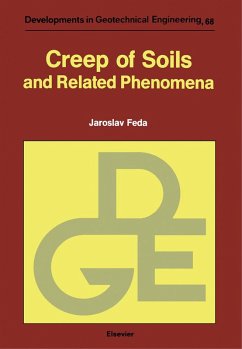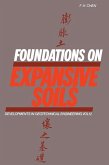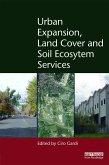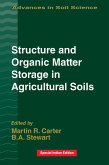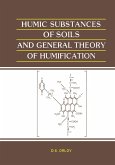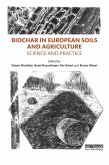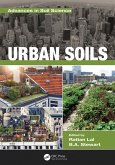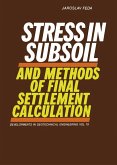In this volume, soil creep is analysed within the framework of other soil-rheological phenomena, such as stress relaxation and long-term resistance, to present an in-depth discussion of the effect of time on soil behaviour. As time is the only state parameter which cannot be entirely modelled in the laboratory, the presented extrapolation is based upon a combination of appropriate theoretical analysis, and the principles of the physical behaviour of soils affected by state parameters such as porosity, water content, stress, strain, time and temperature. Principal macro- and microrheological theories are analysed, and a comprehensive picture of the soil structure and of the effect of state parameters is presented, documented by the author's experiments and illustrated by many examples. The theory of hereditary creep was selected as the best theory serving the author's purpose to propose simple constitutive relations governing creep of soils. The proposed constitutive relations have been implemented into FEM programs and the effect of the
time factor has been demonstrated by the solution of such boundary value problems as a dams and underground tunnels. This volume should be of interest to civil engineers, scientists, research and postgraduate students, and advanced undergraduates.
Dieser Download kann aus rechtlichen Gründen nur mit Rechnungsadresse in A, B, BG, CY, CZ, D, DK, EW, E, FIN, F, GR, HR, H, IRL, I, LT, L, LR, M, NL, PL, P, R, S, SLO, SK ausgeliefert werden.

